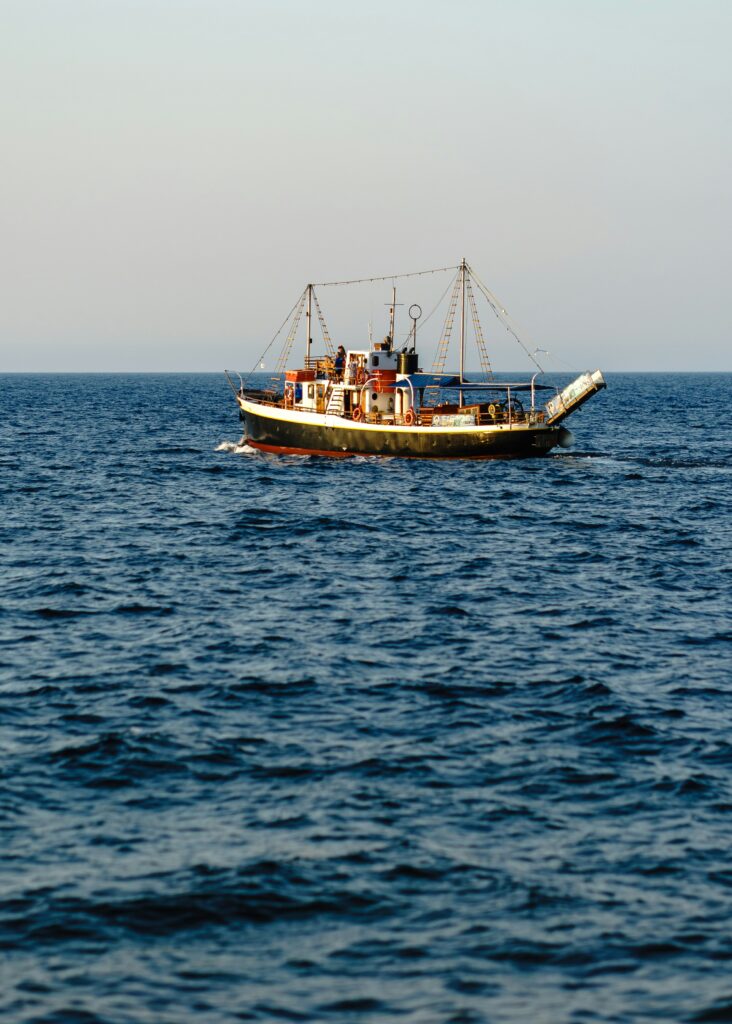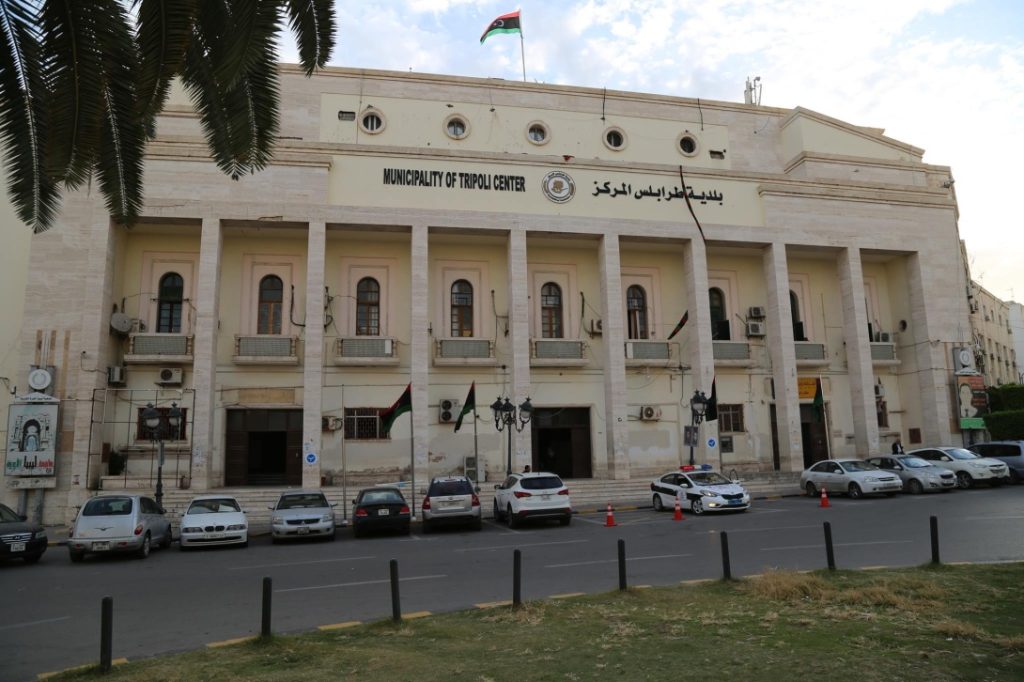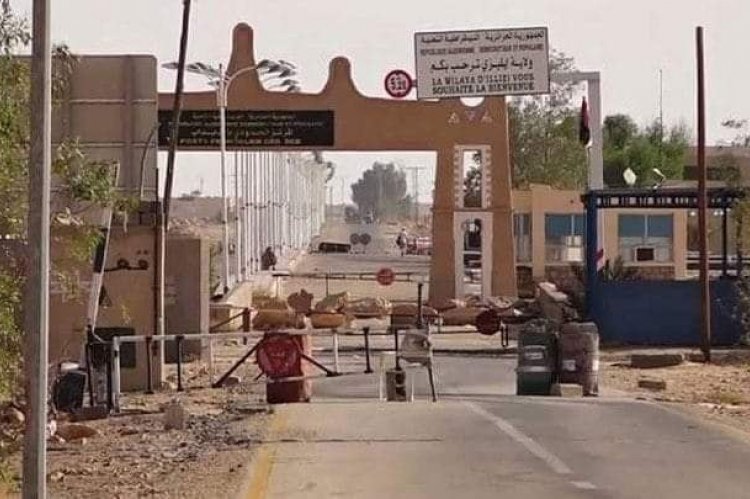Libya’s Migration Crossroads
Libya’s migration strategy places the country at a crossroads in Mediterranean migration management, holding the potential to transform a pressing challenge into a strategic opportunity. Migration flows to Europe have remained a central policy concern for Brussels, Rome, and Paris, and Libya’s dual governance system, the GNU in Tripoli and the GNS in the east, places the country in a pivotal position to contribute meaningfully. Coordinated border security operations, anti-smuggling initiatives, and partnerships with European agencies are beginning to demonstrate tangible results.
If effectively leveraged, Libya’s migration management could simultaneously improve domestic governance, attract foreign investment, and solidify the country’s standing as a reliable partner in regional security. The issue has evolved from a humanitarian emergency to a strategic portfolio that touches energy, trade, and diplomacy, a convergence that gives Libya new leverage in shaping its relationships across the Mediterranean.
Libya Migration Strategy: Measurable Results from Border Control
Libya’s border control operations have already started to yield measurable reductions in irregular crossings. According to the International Organization for Migration (IOM), “Libya’s patrols have cut illegal crossings by 30% in six months” (IOM Mediterranean, 2025-09-01). These efforts combine coastal monitoring, naval patrols, and intelligence sharing between GNU and GNS authorities, showing that coordination across internal divides is possible.
For European policymakers, these results are significant because they demonstrate that Libya can enforce its borders and disrupt trafficking networks. Detailed tracking of migration flows and incidents allows both administrations to deploy resources more effectively and communicate progress to EU partners, reinforcing Libya’s reputation as a responsible actor.
Migration as a Lever for Infrastructure and Investment
Beyond security, migration management offers Libya a lever to attract investment in critical infrastructure. European stakeholders are increasingly linking migration cooperation to broader development support. Paolo Gentiloni, European Commissioner for Economy, noted that “Cooperation on migration is a strategic lever for attracting EU funding” (European Commission, Migration and Home Affairs, 2025-07-25)
By coordinating border management across Tripoli and Benghazi, Libya can negotiate targeted infrastructure projects such as ports, coastal surveillance systems, and transit hubs that both secure its borders and stimulate local economies. These projects, co-financed by EU partners, could create employment opportunities across regions while strengthening trust between Libya’s governments and European institutions.
Recent discussions within the EU’s Mediterranean Compact on Migration highlight Libya as a priority state for blended finance programs linking migration governance to green and digital infrastructure. Proposed initiatives include dual-use coastal radar systems integrated with renewable-energy microgrids and smart-port upgrades along the Gulf of Sidra. These investments would modernize border logistics while reducing energy costs, ensuring that Libya’s migration strategy delivers both security and sustainable development dividends. For Libya, the message to partners is clear: every euro invested in managed mobility generates parallel gains in infrastructure, employment, and resilience.
Private Sector and Youth Employment Opportunities
Beyond migration management, Libya can leverage EU partnerships to stimulate private-sector growth. Investments in port modernization, surveillance, and transit hubs create employment while opening avenues for logistics, renewable energy, and IT services. Comparable initiatives in Morocco’s northern regions have generated thousands of jobs and attracted significant FDI. Structured programs could employ young Libyans across both GNU and GNS territories, channeling workforce potential into productive sectors and reinforcing Libya’s role as a regional economic hub.
Strengthening Credibility and Diplomatic Standing
Strengthening migration policy also carries reputational and diplomatic benefits. Improved coordination and transparency enhance Libya’s credibility internationally, signaling that the country is moving beyond the instability of the past decade. UNHCR emphasizes, “Libya’s improved migration controls demonstrate responsible statehood” (UNHCR, 2025-08-30).
European governments are closely monitoring these developments, particularly in Italy and France, where irregular migration has direct political implications. A visible record of compliance, coupled with regular reporting to international agencies, positions Libya as a proactive partner capable of meeting European standards. This credibility can translate into broader diplomatic advantages, facilitating agreements on energy, trade, and security.
Governance Benefits in the Libya Migration Strategy
Migration management intersects with governance and reform. By demonstrating the ability to oversee and enforce border security, Libya’s administrations signal competence to both citizens and investors. Structured oversight of EU-funded projects ensures revenues are applied transparently, reducing corruption. Investments in coastal surveillance and port modernization create local employment, channeling youth away from irregular pathways. Over time, this creates a positive feedback loop: effective border management strengthens credibility, which attracts further investment and institutional confidence.
How the Libya Migration Strategy Bridges the Dual Governance Divide
Migration management has also fostered practical coordination between GNU and GNS authorities, bridging divides that once blocked national projects. Joint patrol schedules, intelligence sharing, and infrastructure oversight illustrate that dual governance can function effectively when interests align. Strengthened internal institutions, including border management units and monitoring agencies, demonstrate Libya’s capacity to implement policy across administrative boundaries, providing a foundation for further reforms.
The International Dimension of Libya’s Migration Strategy
The international dimension of Libya’s migration strategy is pivotal. Coordinated engagement with EU agencies, NATO’s Mediterranean Dialogue, and neighboring Maghreb states allows Libya to demonstrate reliability in handling shared challenges. Regular ministerial visits, joint exercises, and reporting on migration flows provide evidence of Libya’s commitment to constructive partnerships.
Tripoli and Benghazi have also expanded contact with the African Union and the Arab Maghreb Union to synchronize migration frameworks with continental mobility goals. Engagement in the AU’s Common African Position on Migration gives Libya a voice in shaping global governance debates and access to technical support on labor mobility and data systems. These dialogues complement EU partnerships by framing migration not only as containment but as development cooperation. The dual track of European funding and African policy integration situates Libya at the center of a north–south corridor of coordination.
This visible cooperation enhances Libya’s negotiating position, giving both GNU and GNS leverage in talks on trade, security assistance, and energy collaboration.
Local Benefits and Community Engagement in the Libya Migration Strategy
These measures produce tangible local benefits. Coastal monitoring, port upgrades, and transit hubs create jobs for youth and reduce reliance on smuggling networks, improving safety and livelihoods. Residents in Tripoli, Benghazi, and smaller coastal towns gain not only employment but also confidence in Libya’s capacity to manage borders responsibly, fostering civic engagement and trust in national institutions.
How the Libya Migration Strategy Supports Broader Strategic Goals
Migration management cannot be separated from Libya’s broader security and economic goals. Coordinated anti-smuggling operations reduce the influence of transnational criminal networks that threaten both domestic and European stability. Effective migration control reinforces Libya’s role as a responsible energy supplier. European partners are more likely to commit to long-term energy and trade agreements when Libya proves capable of upholding responsibilities across multiple strategic domains.
Remaining Challenges and Risks
Despite progress, challenges remain. Political fragmentation, security vulnerabilities, and institutional weaknesses complicate coordination between GNU and GNS. Sustained engagement with international partners is essential. Yet the potential gains are considerable: stabilized migration flows, targeted investment, and strengthened governance all enhance Libya’s credibility and economic growth. Failure to act decisively risks perpetuating instability and forfeiting leverage in Mediterranean affairs.
Policy Recommendations and Next Steps
Libya should continue enhancing joint border operations, expanding intelligence sharing, and improving reporting transparency. European partners must formalize long-term support for infrastructure and capacity building, linking aid to measurable outcomes. Investment in coastal monitoring, ports, and transit hubs will simultaneously improve migration management and create employment, particularly for Libya’s youth. Over time, these actions can transform Libya’s dual governance challenge into a model of functional cooperation with tangible benefits.
From Challenge to Mediterranean Opportunity
If pursued systematically, these initiatives could turn Libya from a migration challenge into a regional asset. Coordination between GNU and GNS authorities, supported by European engagement, offers a path toward stronger governance, economic opportunity, and enhanced security. By advancing a coherent Libya migration strategy that frames migration as a shared responsibility and a tool for investment and diplomatic credibility, Libya can solidify its role as a stabilizing Mediterranean partner, proving that even amid political divisions, the country can deliver concrete results for its citizens and for Europe alike.



